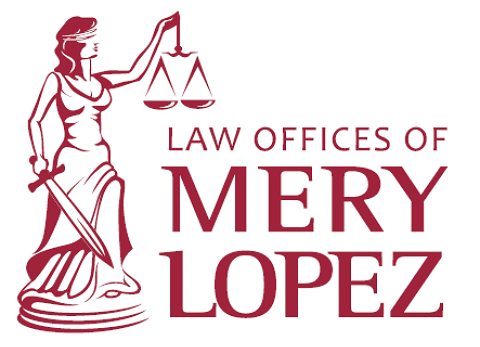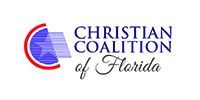FAQs
Law Offices of Mery Lopez
Have a legal question regarding legal our services.
Check out these FAQs and give Law Offices of Mery Lopez a call today for more information!
What happens in a mortgage foreclosure?
A mortgage foreclosure is a legal procedure where a lender assumes ownership of a property due to the borrower's failure to meet mortgage payment obligations. The process can be statutory or judicial, depending on state regulations. If you're confronting foreclosure, it's essential to consult with a legal professional promptly to comprehend your rights and potential defensive strategies.Once I receive a Complaint for Foreclosure, what should I do?
Upon receipt of a Foreclosure Complaint in Florida, it's imperative to act swiftly as there's a limited timeframe for response. Carefully review the complaint and seek immediate legal counsel. An attorney can assist in formulating an appropriate response, exploring alternatives such as loan modification or short sale, and guiding you through the legal proceedings to protect your interests. We advise contacting the Law Offices of Mery Lopez promptly for professional assistance.What is a loan modification?
A loan modification involves altering the terms of an existing loan to enhance its manageability for the borrower. This may encompass reducing the interest rate, extending the loan duration, or modifying the loan type. Eligibility for loan modification is not universal and typically requires the borrower to demonstrate financial hardship while maintaining the capacity to fulfill the modified payment terms.




Share On: